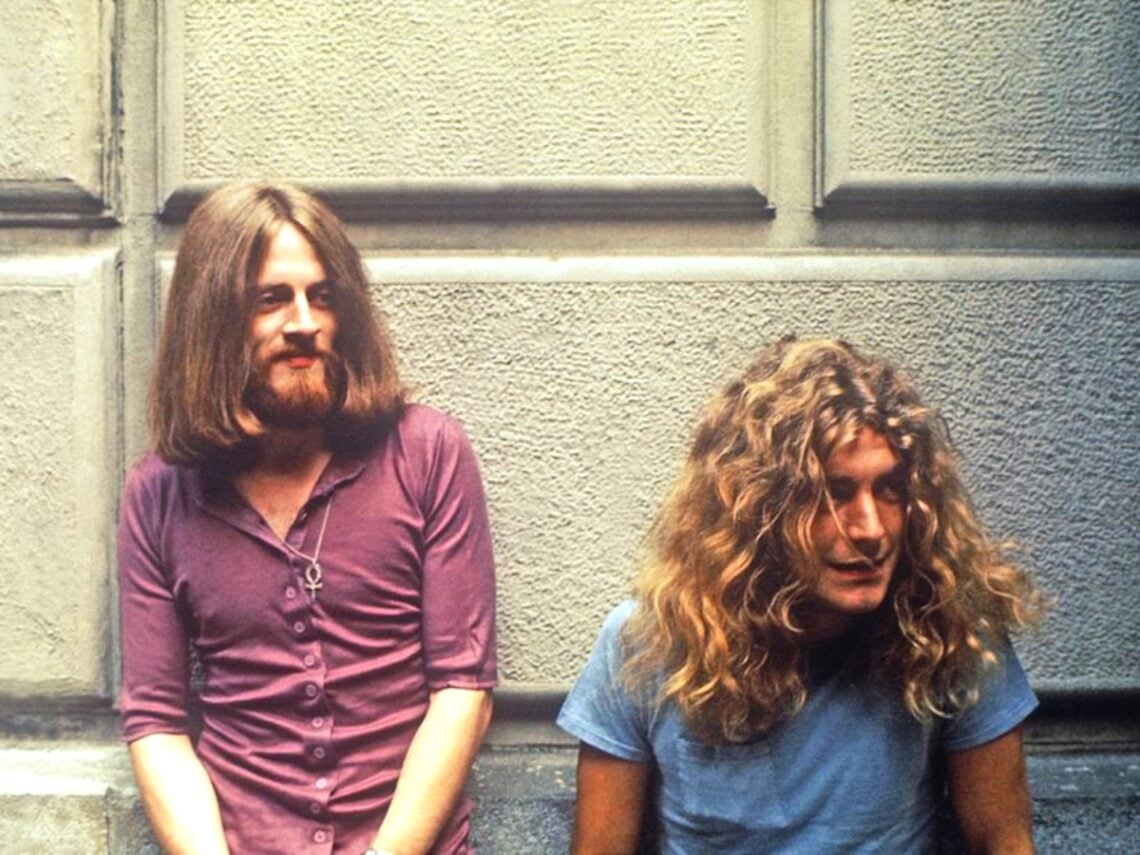Led Zeppelin arguably peaked as a band during their frenetic first three years as a group, a time when they produced some of the most ferocious hard-rocking blues and metal ever laid down on record. But among their less prolific later years, one song stands tall above the rest.
The monumental ‘Kashmir’ rises above even the other blistering 73 minutes of the band’s sixth album, Physical Graffiti. It does so via a James Bond-esque string hook that seems to build to infinity, earth-shattering drums, a bombastic wordless instrumental refrain, and lyrics befitting an epic poem. The track is treasured by fans and one of its singer’s personal favourites, too.
Guitarist Jimmy Page took two years to write the song, using a Middle Eastern tuning on his double-necked guitar, while Robert Plant later wrote the lyrics on a voyage across the Sahara Desert. Over and above the band’s classic instrumental combination of guitar, bass and drums, a string orchestra was overdubbed to double down on the main riff, and French horns joined the cacophony during the refrain.
But there’s another mystery instrument in there, as well, played by the band’s bassist, John Paul Jones, alongside his usual duties. It sounds somewhat like a double-layered church organ being played at full volume in a giant cathedral of rock. But it’s not.
So, what is Jones playing?
The truth is more straightforward and maybe a little more mundane. Jones was playing a mellotron, the early electronic keyboard popularised by 1960s groups like The Zombies and The Beatles, which he’d set to a tone which imitated a pipe organ.
Interestingly, though, the use of a mellotron in ‘Kashmir’ was one of the instrument’s final appearances in any song before it stopped being manufactured in 1986. By the early 1970s, it had been usurped by more modern polyphonic synthesisers capable of making a more comprehensive range of sounds.
It did make a comeback in the 1990s, however, when British bands like Oasis were looking to evoke the sound of the ‘60s with their music. But not even the band dubbed “The Sex Beatles” could match the sheer scale of ‘Kashmir’’s sound.

